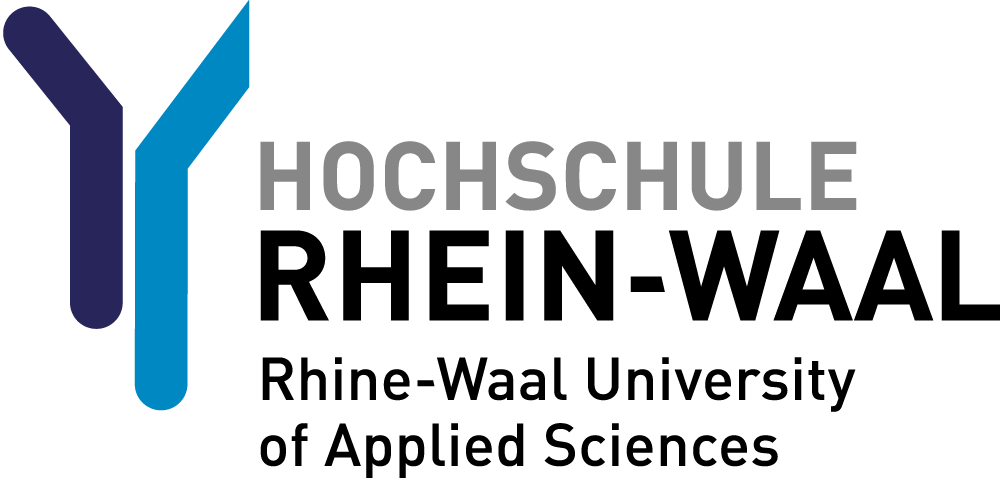Title Krause, A. F., Essig, K., Wild-Wall, N., Ressel, C. (2024), A proposal for the concept of Pro-adaptive Cognitive Assistive Technology. Abstract, accepted at Human Factors and Ergonomics Societey Europe (HFES).
Abstract Assistive Technology is becoming an integral part of our daily live, supporting people in different areas, for example while driving a car or cognitive demanding tasks at work or home. Yet, existing Assistive Technology often only considers the current situational context and capabilities of a user.
Title Krause, A. F., Ferger, A., Pitsch, K. (2023). Anonymization of Persons in Videos of Authentic Social Interaction: Model Selection and Parameter Optimization. In: 10th International Conference on CMC and Social Media Corpora for the Humanities (CMC-Corpora 2023), Mannheim.
Abstract Automatic anonymization of persons in video recordings requires robust detection of face and head areas. Machine learning-based face and posture detectors provide bounding boxes of face and head regions, but specific parameters need to be optimized to maximize the number of correctly anonymized persons and minimize manual annotation and verification efforts.
Neumann, A., Strenge, B., Essig, K. & Schack, T. (submitted 14.04.2023). Context-Adaptive and Flexible Cross-Device Orchestration of Multimodal Information Output. MDPI-Informatics.
Krause, A.F., Ferger, A., Pitsch, K. (2023). Detecting and Tracking Persons in Video Recordings of Authentic Social Interaction: Analysis and Anonymization. Computational and Quantitative Approaches to Multimodal Video Analysis (CAMVA 2023). accepted.
Ciuffo, B., Makridis, M., Padovan, V., Benenati, E., Boriboonsomsin, K., Chembakasseril, M. T., Daras, P., Das, V., Dimou, A., Grammatico, S., Hartanto, R., Hoelscher, M., Jiang, Y., Krilasevic, S., Liu, S., Nguyen Le, Q. N., Rosier, C., Ruan, P., Wei, Z., … Zhao, Z. (2023). Robotic Competitions to Design Future Transport Systems: The Case of JRC AUTOTRAC 2020. Transportation Research Record, 2677(2), 1165–1178. https://doi.org/10.1177/03611981221110566{.broken_link}
doi: 10.3389/fpsyg.2022.986787
Sikder, N., Esfahani, M. J., van Bakel, M., Idesis, S., Bovy, L., Weber, F., … & Dresler, M. (2022, October). The quantified scientist: a longitudinal study to explore the interdependencies between sleep, stress, the gut and other bodily functions. In JOURNAL OF SLEEP RESEARCH (Vol. 31). 111 RIVER ST, HOBOKEN 07030-5774, NJ USA: WILEY.
https://doi.org/10.1371/journal.pone.0270850
DOI: 10.3390/brainsci12020234
Abstract This paper investigates the effects of the repetitive block-wise training process on the classification accuracy for a code-modulated visual evoked potentials (cVEP)-based brain–computer interface (BCI). The cVEP-based BCIs are popular thanks to their autocorrelation feature. The cVEP-based stimuli are generated by a specific code pattern, usually the m-sequence, which is phase-shifted between the individual targets. Typically, the cVEP classification requires a subject-specific template (individually created from the user’s own pre-recorded EEG responses to the same stimulus target), which is compared to the incoming electroencephalography (EEG) data, using the correlation algorithms.
Abstract This study aimed to investigate the role of information and individual determinants on speed choice in a controlled laboratory setting in order to improve the general understanding of individual speeding behavior. A novel and interactive speed choice experiment was designed where participants repeatedly had to choose between fast or slow driving. Results showed that additional information had an effect on speeding choice if it contains quantitative instead of qualitative information.
